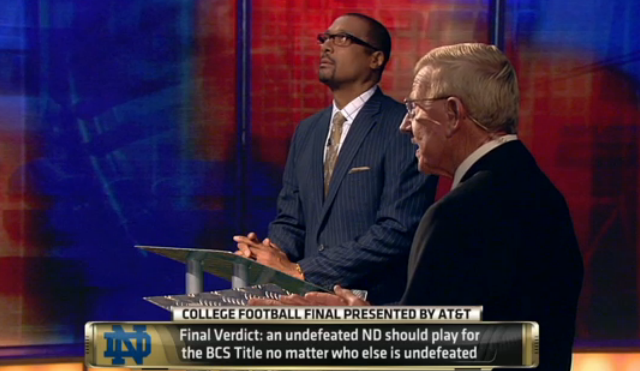
Much has been made of the epidemic of debates and debate shows infesting sports. ESPN has 17,000 debate shows on air every day debating the same topics over and over again. You can vote for debate winners on SportsCenter and seemingly every pregame and postgame show features more yelling and debating than discussing and analyzing. And, just to break out from all the noise – one either has to simply scream louder or take such an obnoxiously absurd point of view that you can't help but be noticed.
This constant 24/7 argument coarsens the sports culture and dumbs us down to our lowest common denominator. (See: First Take) But, the masses just happened to be entertained by our lowest common denominator. It's an unfortunate truth of humanity – we like going to races for the car crashes. We're an imperfect species just waiting for something better to replace us on the evolutionary chain. Since ratings go up for debate shows and debate segments, more debates are shoehorned onto television. (See: Numbers Never Lie, a statistics show that turned into another debate show.) It's not exclusive to sports – just turn it on any cable news channel and you'll see the same thing.
So when I watched this staged debate between ESPN's bewildering pairing of Lou Holtz and Mark May from College Football Final this weekend, I realized this was the epitome of the sports debate epidemic. This segment was symbolic of where we're at as a whole in sports.
It's not pretty.
Observe if you dare, and then we'll break it down…
For starters, the debate topic begins from a ridiculous, unprovable starting point. Dr. Lou declares Notre Dame should make the national title game if they go undefeated no matter what. Lou Holtz to this day remains a bigger Notre Dame homer than Touchdown Jesus and can't be taken seriously when he says anything about the Irish unless for purposes of comedic relief (as you'll see later on). Judging by Rece Davis' outfit, I'm praying this is supposed to be comedy.
Instead of building up towards a logical conclusion with a sound hypothesis, this debate begins with a conspiracy theory (voters punish Notre Dame for their NBC deal) and stating a conclusion (Notre Dame should make the title game if they go unbeaten no matter what), then trying to construct a world where it would make sense. It allows for no other variables in the outside world. I might as well argue for DeMarcus Cousins as NBA MVP if the Kings have a winning record no matter what. I might as well argue for Jason Whitlock or Rick Reilly as sportswriter of the year no matter what.
Just watch Mark May squirm uncomfortably and roll his eyes, building the tension and heightening the dramatic nature of this "debate." It's why most of these debate shows use split screens – watch First Take and the facial expressions of Stephen A. Smith and Skip Bayless as painful performance art. The segment continues to plummet downhill when May begins speaking. May argues against Notre Dame's weak schedule and bases his entire argument on his noted bias against the Big Ten. This, surprisingly enough, makes no sense. Sorry, but I think a trio of games against Purdue, Michigan, and Michigan State is a bit tougher than Arkansas State, Fresno State, and Tennessee Tech (I'm looking at you, Oregon). But, in Mark May's mind, play a Big Ten team or live within 100 miles of a Big Ten school, and you're disqualified from the National Championship discussion. Oh, and there's an awful Candy Crowley joke in there too for good measure.
The bottom line is this – arguing against Notre Dame not appearing in the BCS title game no matter what is as pointless as arguing for Notre Dame appearing in the BCS title game no matter what. The only people debating this nonsensical topic live inside the Bristol debate cycle vacuum and think Mark May and Lou Holtz arguing like lawyers about made-up things equates to good television.
Holtz finishes by reverting to an argument he initially threw out the window, saying he believes Notre Dame will go undefeated while the other teams involved in the discussion won't go undefeated.
DFJSPOIJFS:OIDJSF:LJKQ:OJANLDS!!!!!
Holtz somehow manages to make a new argument that defeats the entire purpose of his original argument that an undefeated Notre Dame would play in the BCS title game no matter what!!! Remember that?!?
Finally, this tragedy against human intelligence is brought to an end when Rece Davis declares Oregon to be the best of the non-SEC undefeated teams and rules in favor of May. This, again, has nothing to do with the Notre Dame debate that set this train wreck in motion!!! So, we end the segment with crosstalk, yelling, and Holtz proclaiming, "I want Notre Dame to win the championship!!"

In summary, what you've just witnessed is a debate based in homerism, bias, and totally hypothetical situations that have no basis in reality. The sports debate epidemic has forced its way into your life as a sports fan in the same way flesh eating bacteria embeds itself in your body. Facts don't matter, real-life situations don't matter, it's all about which argument can produce the most amount of buzz and tweets and conversation, whether it be positive or negative. Lou Holtz needs to be a Notre Dame homer? Fine. Mark May needs to be a pantomime villain in Big Ten country and forward the myths about ESPN playing favorites with conferences? No problem. Skip Bayless transforms his career and ESPN2's mornings into a public crusade for the football career of Tim Tebow? All in the name of ratings and hashtags to promote debates with hip hop artists.
Debate doesn't have to be such a monstrous thing. It's helped our country select candidates for public office going back to the days of Lincoln and Douglas. But sports debates are all about hype instead of substance. All about drawing an emotional response from viewers instead of enlightening them. All about being the loudest and most provocative instead of being the smartest. All about agendas and bias and taking a side for the drama of the debate.
This is what arguing about sports is all about in 2012. I'm right and you're wrong, no matter what.

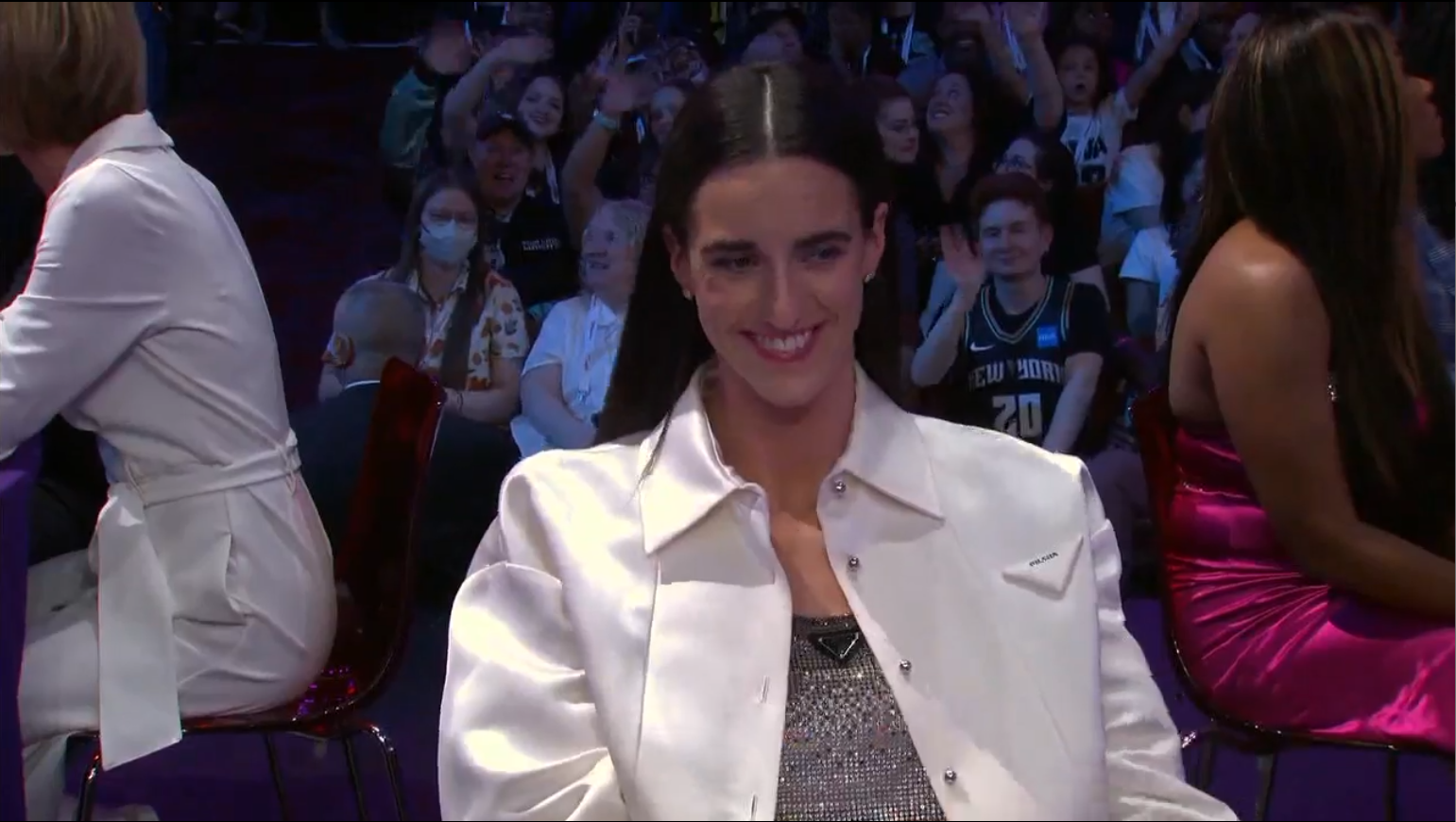
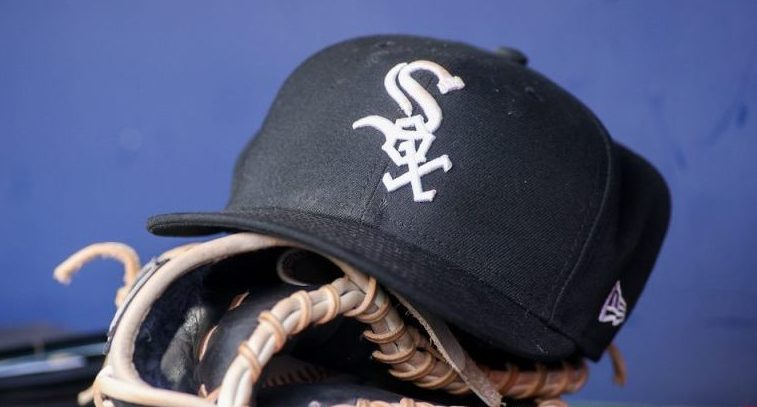
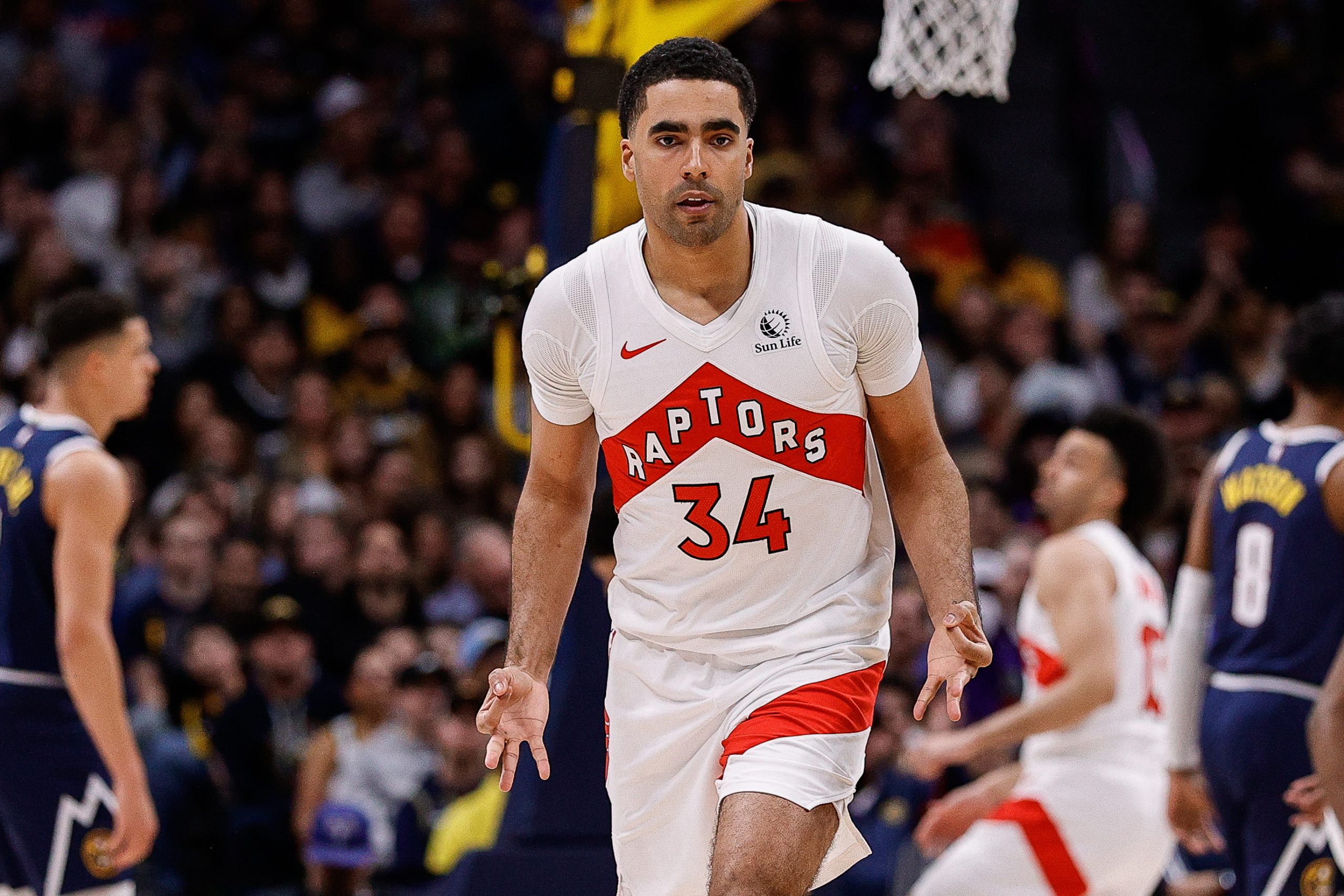
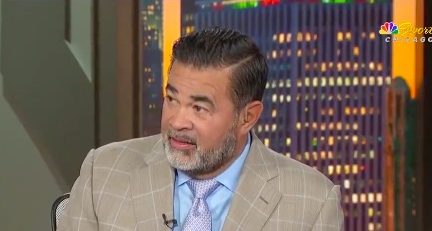
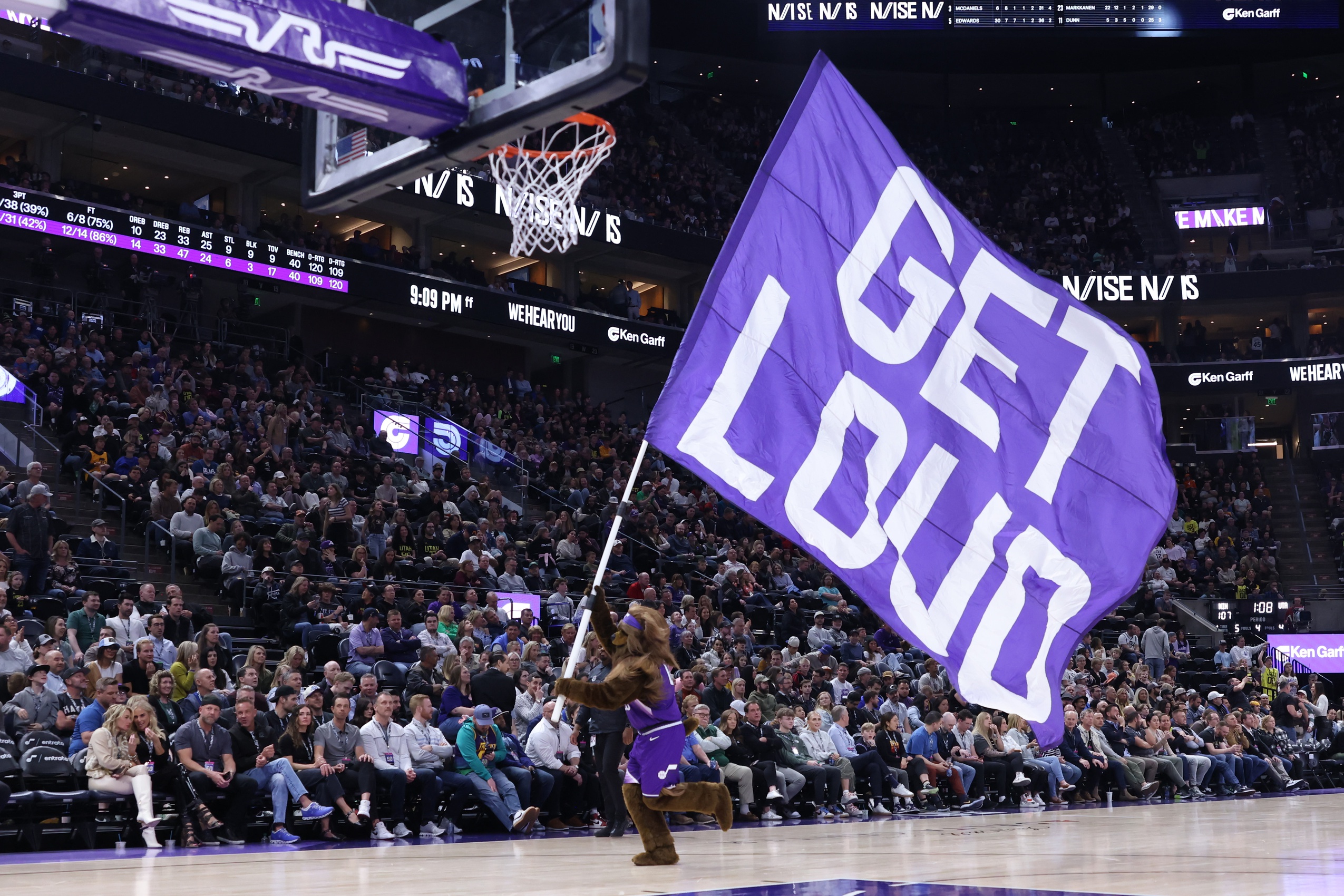
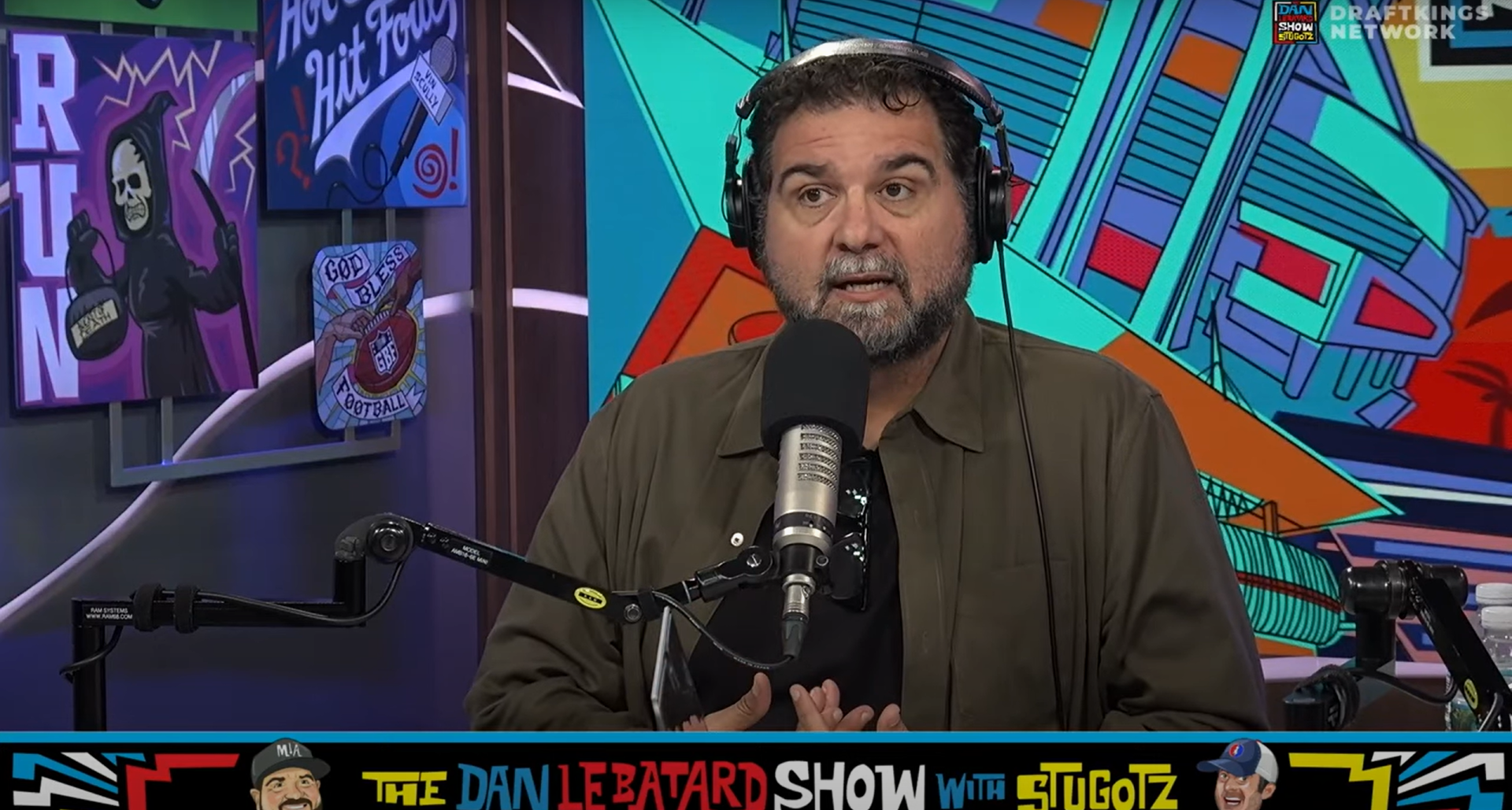
Comments are closed.